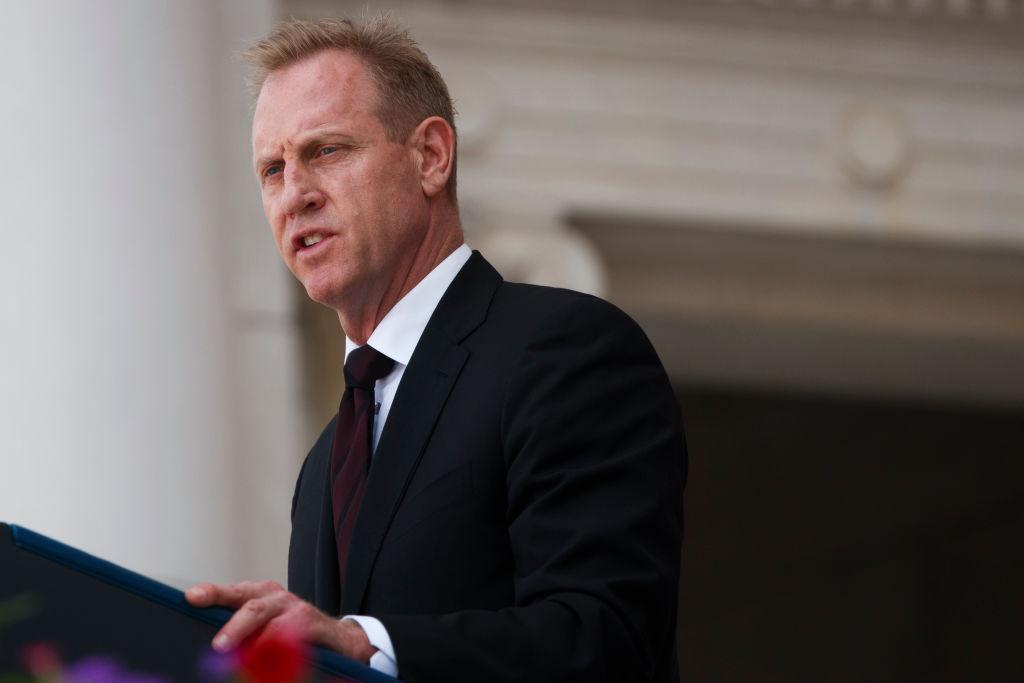Chinese ambitions are threatening to undermine the rules-based international order in the Indo-Pacific region, according to a newly released Pentagon report.
“Today, the Indo-Pacific increasingly is confronted with a more confident and assertive China that is willing to accept friction in the pursuit of a more expansive set of political, economic, and security interests,” warns the report, which was released on June 1.





